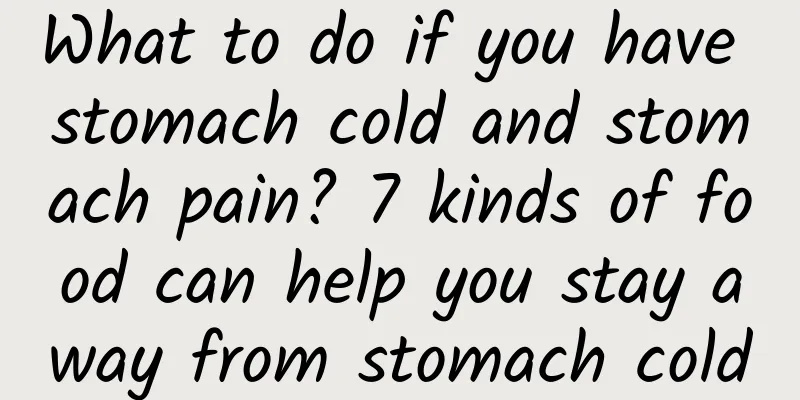What causes testicular acidity?

|
If you often feel testicular soreness, you may have testicular cancer. This disease is rare, with an incidence rate of about 1% in men. Men in their fertility peak are more likely to develop testicular cancer. Although this disease is a cancer, the cure rate is relatively high, and 95% of testicular cancer patients can recover through treatment. Testicular cancer can be caused by testicular trauma, endocrine disorders, and genetic infections. At present, the specific cause of testicular cancer is not very clear. So far, the most convincing evidence is the relationship between incomplete testicular descent (cryptotestis) and testicular tumors. A large amount of data confirms that the malignant rate of cryptotestis, especially abdominal cryptotestis, is much higher than that of normal descended testis. It is 3 to 14 times the incidence rate of normal people. It is currently believed that factors such as testicular germ cell abnormalities, elevated temperature, blood supply disorders, endocrine disorders, and gonadal dysplasia may be related to cryptotesticular malignancy. The relationship between cryptic testis and testicular tumors has attracted the attention of scholars from all over the world, who have emphasized that testicular fixation before the age of 6 is an effective measure to prevent cryptic testicular malignancy, and has achieved remarkable results. The incidence of cryptic testis in China is similar to that in other countries, but the proportion of cryptic testicular tumors is significantly higher than that in other countries, which may be related to the fact that China has not yet generally performed testicular traction and fixation on children with cryptic testis before school age. Testicular tumors include germ cell tumors and non-germ cell tumors, with the former accounting for more than 95% and the latter less than 5%. Although non-germ cell tumors are rare, they are diverse, mainly including functional tumors such as supporting cells, stromal cells and supporting cell-stromal cell tumors, and accessory tissue tumors such as mesothelioma, adenocarcinoma, rhabdomyosarcoma, mucinous cystadenoma, fibroepithelioma, melanoneuroectodermal tumor, lymphoma, etc. Testicular cancer can make the patient's testicles feel heavy in the early stages, and the early symptoms are typical. When the patient touches his testicles, he may find one or more lumps of varying sizes inside. After the onset of testicular cancer, the weight of the patient's testicles increases rapidly, and the patient will feel a heavy feeling when holding up the testicles with his hands. As the disease progresses, the lumps inside the testicles become hard and stone-like. |
<<: What causes testicular pain?
>>: What causes testicular shrinkage?
Recommend
Do green onions enhance male sexual performance?
Scallions are a very common vegetable in people&#...
The reason why men fart a lot
Farting is also a normal physiological need of th...
What to do with ejaculatory duct cysts
Every man will have the phenomenon of ejaculation...
What is the tingling sensation on the glans penis?
If a man feels a stinging sensation in the glans,...
Pain and blood when urinating after sex
What is the reason for painful urination after se...
Tired of regular soy milk? Try red date and wolfberry soy milk
When it comes to soy milk, everyone thinks of soy...
What are the symptoms of vas deferens cyst?
Vas deferens cyst means infertility, so for many ...
How to hydrate oily skin? How to care for oily skin?
Moisturizing the skin is a way to make it less dr...
What causes right testicle swelling and pain?
Many male friends often experience testicular pai...
What causes red urine in men?
Everyone knows their urine well, because the colo...
Is it necessary to circumcise if the foreskin is too long?
Long foreskin is a common physiological phenomeno...
What to do if frequent urination is caused by excessive masturbation?
Masturbation is a way for many of us to meet our ...
How can men quit smoking?
We often see several men getting together in dail...
Male glans discharge and painful urination
Although being small is a very common thing, if t...
How to tell a man's sexual ability
The quality of a couple's life is largely dete...









